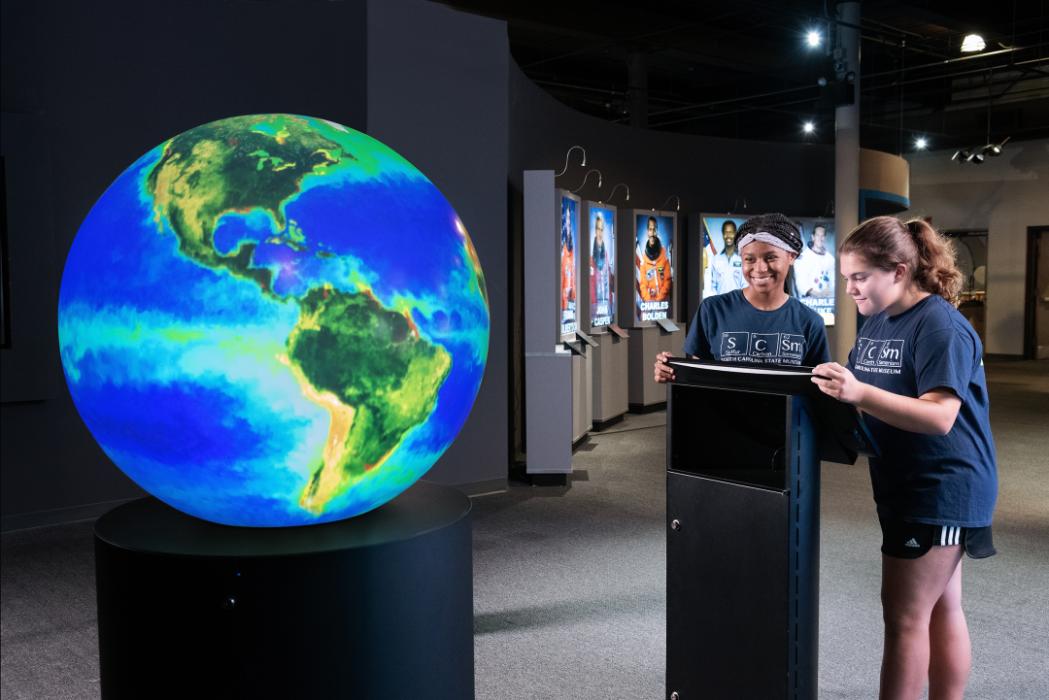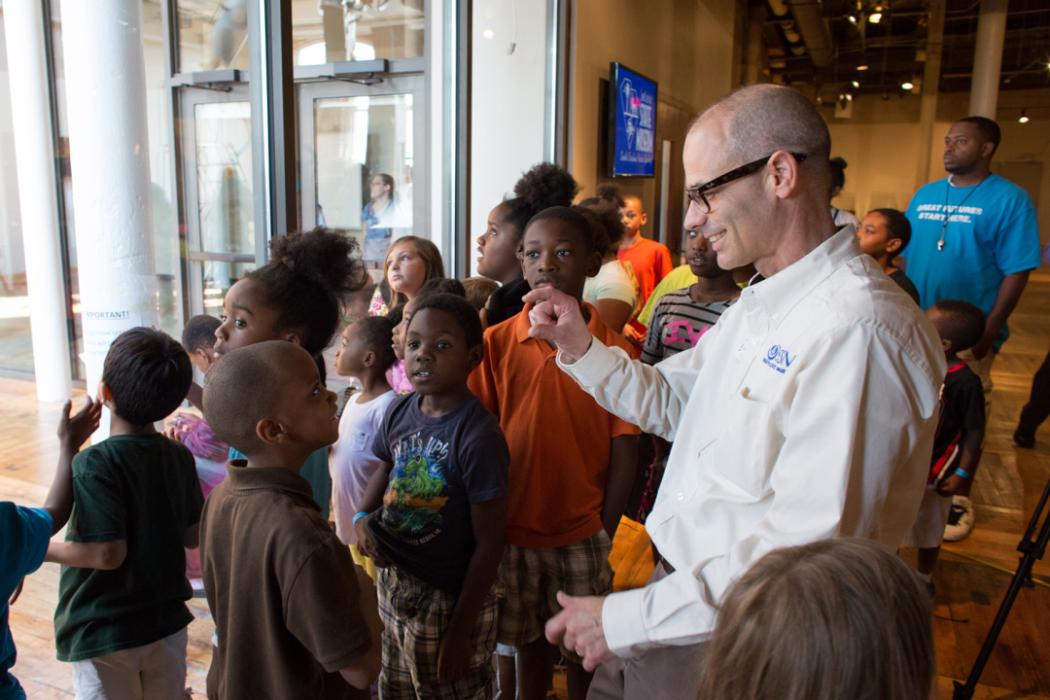
Explore the struggles experienced by Indigenous peoples in South Carolina to retain their independence following the establishment of the Carolina colony by the British
Developed in partnership with South Carolina Humanities, SC Department of Archives, and the Native American Studies Center at USC Lancaster, this new traveling exhibition explores the struggles experienced by Indigenous peoples in South Carolina to retain their independence through the upheavals, unrest, and uncertainty following the establishment of the Carolina colony by the British.
Prior to European arrival at least 29 distinct tribal communities had lived for centuries in what later became known as South Carolina. Each tribe had its own political, economic, and social systems. As Europeans colonized and threatened their existence, Indigenous communities fought back or accepted the changes to their worlds. The resilience of the Indigenous peoples will be a theme woven throughout the exhibit as it shares information about how war impacts societies, how the pursuit of freedom and happiness can take different forms, and how Native peoples of the 18th century and descendants today can shape our never-ending quest to strengthen our Union.
Project Director Alice Taylor-Colbert notes, “The exhibit examines Indigenous cultures by exploring such topics as Relationship with Nature, Women’s Roles, Social and Governmental Structure, Trade, and Wars of the 18th century. It highlights how colonization and subsequent formation of the United States impacted Indigenous peoples.”
The exhibition debuted at USC Lancaster’s Native American Studies Center and is now available travel the state.
Schedule
Available for Booking









